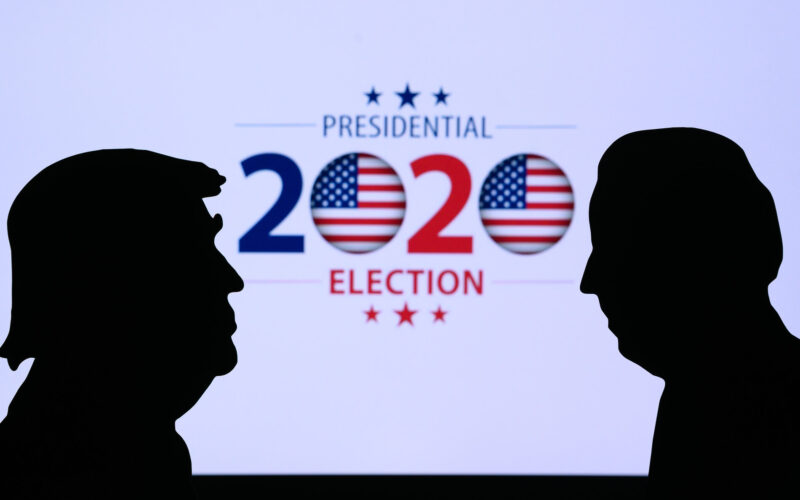The US presidential election will take place on November 3, 2020. It is arguably one of the most important elections at the time when the world is battling with COVID-19. The future president will also shape the aviation industry and its recovery.
Financial aid
Both President Trump and former Vice President Biden have expressed support for a second bailout for the travel industry. The first aid, CARES Act, an over $61 billion economic relief package signed by Trump for the aviation industry, ran out on October 1, 2020. That led to some 40,000 workers being furloughed. A second package called HEROES act was formed in May 2020, but it never passed by the Senate.
Biden also has experience in implementing recovery aids. As Vice President, he supervised the American Recovery and Reinvestment Act, signed by President Barack Obama in 2009. It put more than $800 billion into infrastructure and stimulus spending, of which more than $3.5 billion went into airport projects.
Travel bans
In the beginning of the coronavirus crisis, President Trump announced the travel ban for Chinese travelers entering the U.S. Later on, in March 2020, the ban was expanded to European citizens, eventually including the UK. Biden’s deputy campaign manager Kate Bedingfield said that Biden supported travel bans if they were backed up by public health officials.
The Muslim ban was another controversial order issued by the Trump administration. It brought confusion and uncertainty for airlines as well as travelers. Such airlines as Etihad Airways and Emirates had to adjust to new regulations by making sure their staff and passengers were not coming from the banned Muslim countries.
“These cannot be long-term solutions and airlines should not be caught in the middle, picking up the pieces and bearing unplanned expenses for an indeterminate period when governments cannot agree on measures needed for the security of their citizens,” commented International Air Transportation Association (IATA) director-general Alexandre de Juniac.
Safety measures
In order to help the aviation industry to recover, the virus has to get under control. Only then people will feel safe enough to start traveling again. The presidential candidates have a different approach on how to stop the virus from spreading.
The Trump administration rejected imposing masks and other safety measures nationwide. According to the New York Times, the current administration blocked the plan, issued by the Center for Disease Control and Prevention to require masks. It is expected that if he wins, Biden will implement the measure to protect travelers and transportation workers.
The future of transportation
Biden is committed to reducing greenhouse gas emission and building a more sustainable transportation infrastructure. He is committed to invest in clean energy innovation and pledged to finance the development of low-carbon aviation in order to achieve net-zero emission by 2050. In his program, Biden states his commitment to improve public transportation and railroad connection through major American cities. This would give more freedom and flexibility to travel, but might threaten domestic aviation.
Meanwhile, President Trump has suggested money would be better spent on short, intercity routes. He criticizes the Green New Deal, saying it would cost too much. If elected, he would leave aviation to reach its own environmental goals.
Support
On October 27, 2020, two largest US flight attendant unions announced their endorsement for Democrat candidate Joe Biden. President of both associations Sara Nelson commented the choice: “The complete and total failure of this president on any plan around coronavirus, putting our lives in danger and now putting tens of thousands of us out of work with no hope for fixing that gives us the space to do what we normally would be doing this time of year.”
In the 2020 election, the airline industry generally favors the Democratic candidate. However, the margin in political donations between the two presidential candidates is small. According to industry donor data from the Center for Responsive Politics, various US airlines donated $1,33 million to Biden and $1,31 million to Trump.

